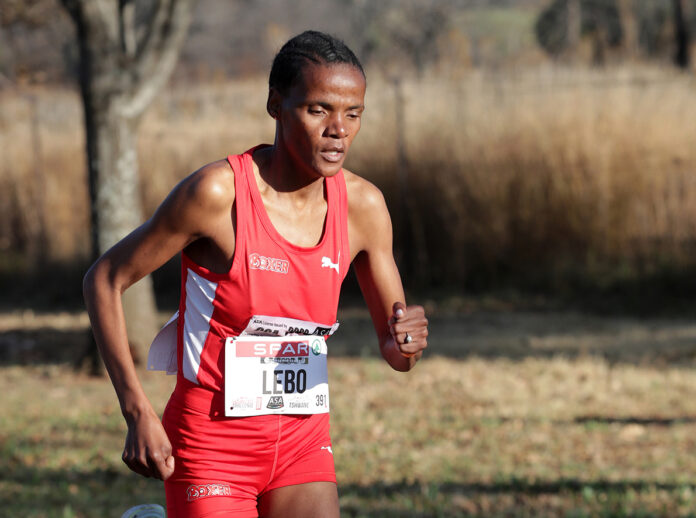Systemised doping is believed to be at play and infiltrating the South African athletics scene after three top runners were banned by the South African Institute for Drug-Free Sports (Saids) this past week for juicing.
The trio of Lebo Phalula-Mzazi, William Kaptein and Nedbank Running Club’s top runner Dan Moselakwe were sanctioned for various doping transgressions by Saids this week.
The popular Phalula-Mzazi is mostly remembered for her days as a barefoot runner in Soweto, where she won various races. She also represented SA at the 2016 Olympic Games.
Kaptein won the Two Oceans Half-Marathon (21km) in Cape Town this year, while Moselakwe finished second in the 2024 Comrades Marathon.
Veteran sports administrator Raymond Hack sits in the Court of Arbitration for Sports as an arbitrator for doping. He was in the World Anti-Doping Association for eight years and is also a founding member of Saids.
He said that infiltrators and suppliers, through what is called systemised doping, are now targeting the Botswana and South African athletics fraternities where the trajectory and the state of the sport is at an all-time high. “There is a third force because in all the years I have worked as a doping officer, nine out of 10 athletes caught and banned were innocent,” Hack told Sunday World.
“No child goes to a coach and says I want performance-enhancing drugs. Most athletes do not have much of an education, and they do not know about these substances. Most of them come from poor and disadvantaged backgrounds, and they cannot afford these things.
“So, coaches, agents, medical doctors, handlers and sponsors are believed to be at the forefront of supplying unsuspecting athletes and promising youngsters with these prohibited performance-enhancing drugs.
“It’s systemised, it’s all about financial gains. It’s not done by some drug dealer in Hillbrow or in Sunnyside. It is done by people within the sport.
There’s a whole lot of money made through winning competitions, and it’s about winning at all costs. And, in what is of great concern, parents and schools also stand accused of bolstering their kids’ performance illegally.
“I was attending a rugby school’s Easter festival and I heard one mother saying, ‘I need to give my boy more testosterone.’ I was shocked, and it is because most parents live their lives through their children. I do not think retired, successful sports stars would put their kids through that. It is mainly parents who did not crack it in their youth, and now they are pulling out the stops to get their children over the line,” Hack added.
Tolamu Maubane, of the United Athletes Forum, which represents athletes, said that they have to nab the suppliers to curb the rot: “Our athletes are put in difficult situations because of money and greed. Yes, some are guilty because they are trying to cheat, and that will mostly likely be the privileged athletes.
“Your typical athletes depend on big corporations and sponsors, and those people are desperate for results, and they are always given supplements and substances.
We are always pressing athletes to reveal to us and the police who is giving them the drugs so that we can get to the bottom of the supply chain. It breaks our hearts when we see some of our young athletes being banned – because some careers are killed,” he said.
Phalula-Mzazi was banned for three years after testing positive for the drug erythropoietin. Kaptein had received a one-month suspension after an in-competition doping test detected cannabis in his urine sample, while Moselakwe was handed a four-year sanction.
Kaptein is now likely to forfeit his Two Oceans title, and he claimed on social media that his hookah was spiked with cannabis without his knowledge.
Cricketer Kagiso Rabada, athletes Carina Horn, Nicholas Seopesengwe, Nkosikhona Mhlakwana and triathlon star Patrice Alain Gautier are among a cluster of South Africa’s sports stars who have received lengthy bans or suspensions from Saids for their misdemeanours this year.
Rabada was slapped on the wrist with a one-month ban for cocaine use.



